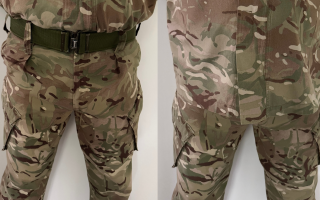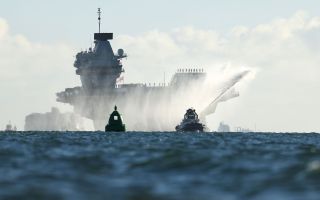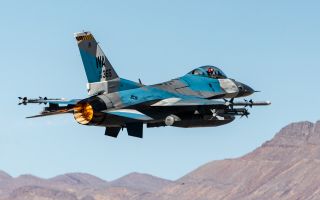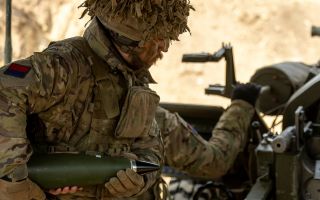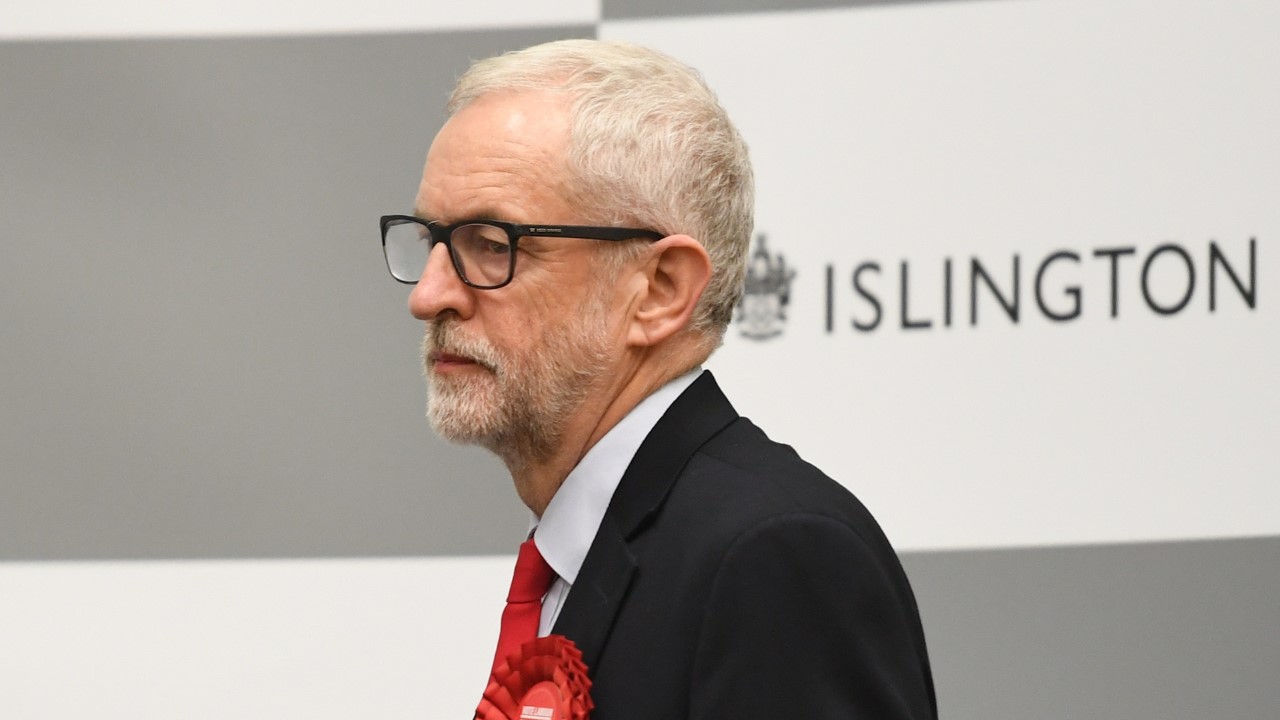
How Has Jeremy Corbyn Voted On Defence?

Jeremy Corbyn has pledged to stand down as Labour leader, following his party's heavy defeat in the 2019 General Election.
The Conservatives have secured a majority, with Mr Corbyn describing it as a "very disappointing night".
Here is how the Labour leader has voted on defence issues through the years as an MP.
Armed Forces Covenant
Mr Corbyn generally voted for strengthening the Military Covenant, voting for a legally binding Military Covenant set out in law in 2011.
Later in the same year, he voted to require public bodies and ministers to consider the effects of people's service in the armed forces when setting healthcare, education and housing policy and to consider if special provisions for current, and former, service personnel are justified.
2003 Invasion Of Iraq
Jeremy Corbyn consistently voted against the Iraq war, and mostly voted for an investigation into the conflict, however missed a couple of votes in 2003.
Overseas Combat
Jeremy Corbyn consistently voted against use of UK military forces in combat operations overseas.
He has consistently voted against military action against Daesh.
Jeremy Corbyn voted against the continued deployment of UK armed forces in Afghanistan in 2010.
He also voted against the establishment of a no-fly zone in Libya in 2011.
Trident
Jeremy Corbyn generally voted against replacing Trident with a new nuclear weapons system.
On 18 July 2016, Jeremy Corbyn voted against replacing the four Trident nuclear missile submarines; the proposal for replacement was intended to maintain the UK's continuous at sea nuclear deterrent.
Mr Johnson's voting record was gathered using TheyWorkForYou.com.
Cover image: PA

